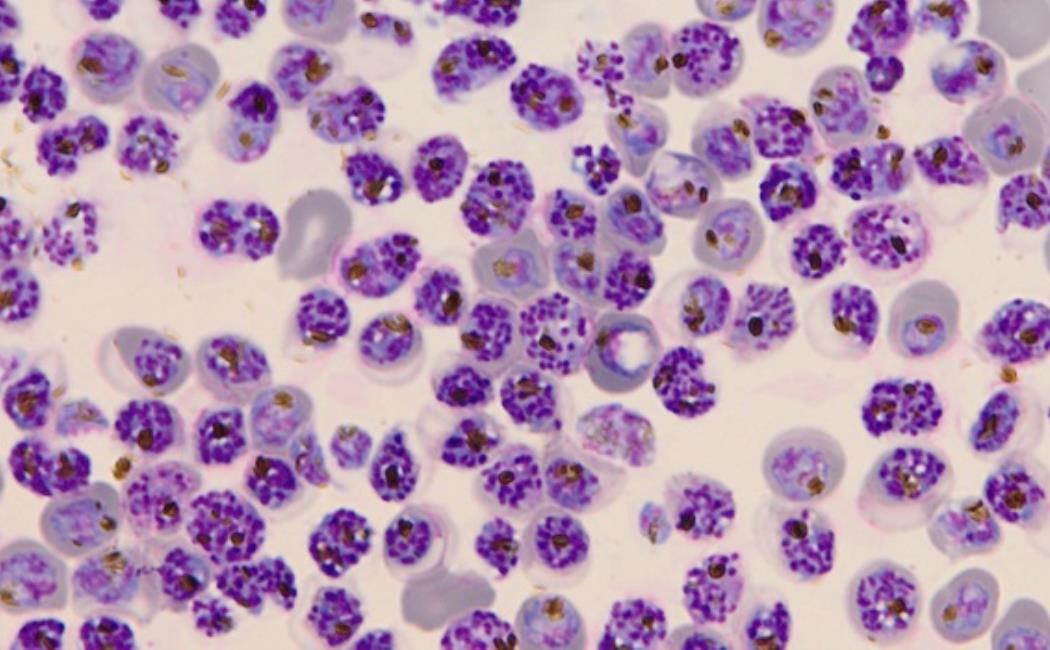
Clocking in with malaria parasites
09 June, 2020
The parasites responsible for malaria seem to march to their own beat.
The mystery behind the molecular basis of how these parasites synch their rhythm in replication to the host's clock-driven rhythms has been solved. A new genetic analysis led by KAUST scientists revealed Plasmodium parasites have internal timekeeping systems that help the organism maintain essential oscillations in gene expression levels and cell cycle activities.
Just as humans reset their own biological clocks in response to light-dark cues, malaria parasites time their own rhythms to host signals to maximize their growth success.
The finding of a genetic metronome within the malaria parasite, as well as one component of this timekeeping mechanism, could open new pathways for combatting one of the world’s deadliest contagious diseases. Saudi Arabia is on the verge of malaria eradication, but the disease continues to affect its southwestern border, where infections have proven difficult to treat and parasites are increasingly resistant to existing drugs.
Click here to read the full story
Image: Malaria parasites all replicating in unison thanks to the inherent biological rhythms of their genes.
© 2020 Amit Subudhi